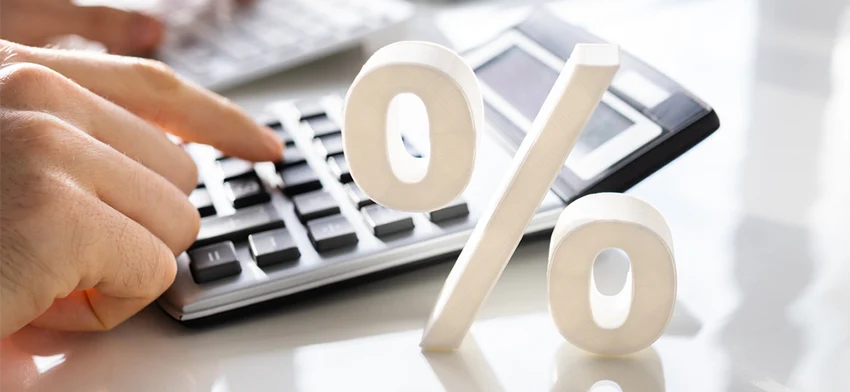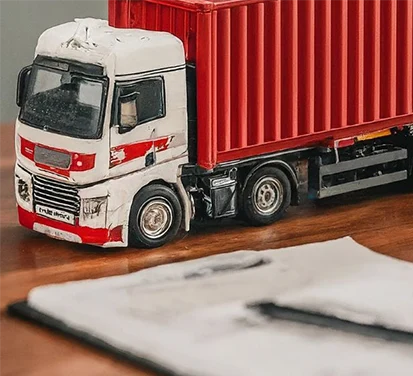
Reverse charge shifts the responsibility of paying Tax from the supplier to the recipient. Under the reverse charge mechanism, the recipient becomes liable for the Tax payment. It flips the usual setup where the supplier takes care of the tax payment. This helps make tax collection smoother and encourages compliance with the tax rules. Furthermore, the reverse charge procedure only applies to B2B (business to business) and serves to simplify sales tax payments and prevent sales tax crime.
We are here to help. Have a chat with one of our accountants, they will take you from there
The reverse charge mechanism remains largely unchanged post-Brexit, requiring both supplier and customer to possess valid VAT IDs. For example, a German company providing a service to a Polish company must validate and retain proof of the Polish company’s VAT ID before issuing a tax-free invoice. Similarly, the Polish company must validate the German company’s VAT ID. These invoices must adhere to specific legal criteria to be considered valid. (Directive 2008/9 fm EU)


After Brexit, the UK is considered a third country in relation to the EU, rendering old EU VAT IDs invalid. The UK has introduced new VAT IDs for companies, verifiable through their own validation tool. When selling services to the EU, UK companies continue to use EU VAT IDs for B2B classification, ensuring tax-free invoices.
For EU-registered companies, the main change is shifting from the reverse charge within the EU to the reverse charge for third countries. While the process for delivering services remains similar, Brexit introduces additional responsibilities for European companies regarding customs formalities, including declarations, clearance, documentation, and potential duties, leading to potential delays at borders.